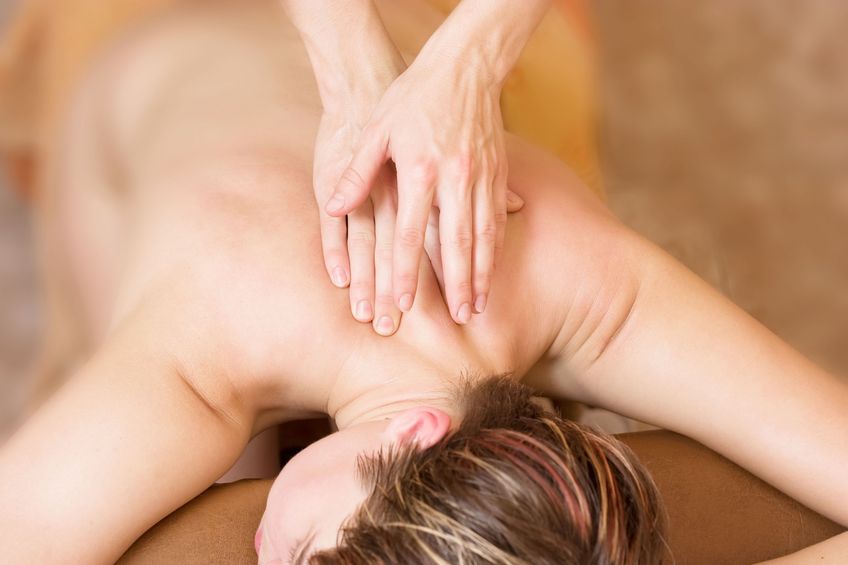Why a massage is good for you
Massage is often known for its relaxing properties but why exactly is this?
If you think that massage therapy is a modern trend or just fashionable, think again. Massage therapy is part of a traditional holistic system of healing methods that began about 5,000 years ago.
The practice of using touch as a healing method derives from customs and techniques rooted in ancient history. Civilizations in the East and West found that natural remedies and massage could heal injuries, relieve pain, and prevent and cure illnesses. AND… it helped reduce stress and produce deep relaxation.
In this Coronavirus times touch has become something we might dream of and at the same time dread.
So how actually does massage work its magic?
Massage produces physiological changes in your body through:
- The relaxation response, which is an involuntary, yet predictable response of the nervous system to massage techniques and touch
- Mechanical responses, which are physical effects that occur in the body when pressure is applied to the soft tissues
Massage and the Skin
The skin is an incredible organ and the largest one in the body accounting for 16% of your body weight. It covers the entire outside of the body, and is filled with nerve endings, sensors, capillaries, glands, fat and connective tissue. These receptors are the equivalent of our personal MI5. They register all sort of signals like touch and temperature and send signals to the brain.
One of the reactions to massage is to aid in relaxation by releaseing endorphins such as dopamine that help us feel happy and relaxed.
An other effect of the stimulation of the skin receptors is the dilation of the capillaries, widening the vessels allowing more blood to flow. This does a number of things.
– Accelerates an exchange at the cellular level, which is helpful fo r skin elasticity and nourishment.
– Exfoliation and the removal of dead skin
– Stimulation of deeper sebaceous glands has a beneficial effect for the hair follicles, dry scalp and can lead to healthier hair.
Massage and the Circulatory System
A massage increases the blood supply in the area being treated. This promotes an exchange of fresh nutrients into cells and remove waste, keeping your body healthy and ready for action.
It can also have a direct effect on the nervous system, causing a dilation in the blood vessels and often decreases blood pressure. So if you’re getting a bit stressed, give yourself a shoulder rub!
Massage and Your Muscles
Massage can produce:
Mechanical effects:
- Generation of heat, allowing tissues to become more pliable
- Increase in circulation improving the exchange of fluids to tissues
- Stretches muscles transversely as well as lengthways, which allows scar tissue, adhesions and fascia surrounding muscles to loosen or break down – this can help in muscle repair.
- Can help to reduce tightness and improve flexibility of the muscle.
- Reduction of spasm or cramp and pain relief.
Refectory effects:
Depending on the massage technique, pressure on the muscle can promote neurological and psychological responses
- Increase or decrease neural excitability
- Changes in parasympathetic activity influencing heart rate, blood pressure and hormonal levels (as measured by cortisol levels)
- release of endorphins which has been shown to reduce pain and muscle tension
- reduction in tension in muscles and the feeling of relaxation
- reduction in anxiety and improvement in mood state and consequently relaxation
Massage and the Digestive System
Perhaps not the most glamorous benefits of massage, but an important one: it’s all about detoxing your system.
A gentle massage along the course of the intestines can assist in the removal of waste.
Applying pressure in clockwise motions around the abdomen can
- offer relief to those suffering with constipation by assisting in the removal of waste
Applying pressure in anti-clockwise motions around the stomach can
- Calm diarrhoea due to sousing effects on the nervous system.
Massage and Hormones
Stress increases many hormones, such as cortisol and vasopressin. The calming effect of massage has been found to help regulate this hormone imbalance and thus reduce stress.
Massage often triggers a release of endorphins, making you feel euphoric and it inhibits pain sensations. Consequently massage can have a powerful effect in improving our mood and decreasing stress levels.
Massage and Breathing
The effect on the respiratory system will differ depending on the type of massage technique applied. Stimulating movements such as cupping, hacking, are all vigorous moves and are stimulating. This can be really beneficial for those with chest congestion, as these stimulating moves will help to loosen phlegm and open up the airways.
A relaxing back massage will have effects on the nervous system and in turn cause the breath to slow and encourage deep breathing, with the added potential for reducing blood pressure.
These are just few of the many benefits massages have on our body.
If you want to learn more about the history of massage please click here.
So don’t wait in pain. Book your massage now at Swissphysio 0191 296 0567
